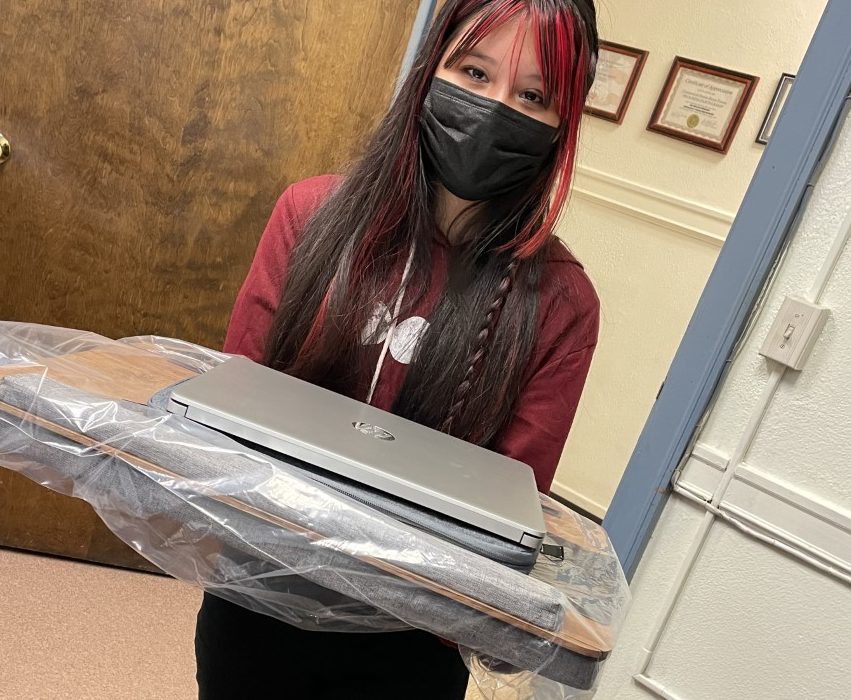Comm. Colleges to Offer 1st-Year Class
CT State Community College students who enroll in a degree program in Fall 2023 will be required to take a College and Career Success course designed to help them navigate college, develop skills and strategies for success and plan for their futures. Nationally and in Connecticut, community college students struggle to persist and earn a degree, and this evidence-based, three-credit course was designed with an understanding of the challenges students face and how to guide them.
Among first-time, full-time students who enrolled in a CSCU community college between 2011 and 2015, 15% attained a degree or certificate within three years of starting. Connecticut students’ graduation rates fell below the national average (24%) and all other New England states’ community colleges during the same time period, according to CT State, part of the state Department of Education. Historically underserved students face additional barriers to graduation. In Connecticut, only 7% of Black students and 11% of Latinx students, compared with 18% of Asian students and 19% of White students, earned a credential within three years, according to CT State.
Meanwhile, research shows “first-year experience” (FYE) courses must be taken early in a student’s academic career to achieve the highest impact, and all students, even high-performing and transfer students, benefit, according to the state Board of Regent’s College and Career Success (CCS 101) policy recommendation.
In studies of various two- and four-year colleges across the nation, students who enrolled in an FYE course, as compared to similar students who did not, were more likely to:
- stay in college longer;
- earn more college credits and higher grades in subsequent terms;
- feel a greater sense of belonging;
- feel better about the career decision-making process; and
- graduate in less time and with fewer credits.
Students face multiple barriers, such as lack of transportation, financial burdens, mental health challenges and motivation, so there’s “not one answer as to why students may not persist and succeed. That’s why we’ve implemented different strategies including requiring this course and restructuring advising so that students are guided on a path using a structured and supportive approach,” says Jill Rushbrook, interim coordinator of CCS 101: College & Career Success, Connecticut State Community College.
“There’s no formula for what makes students successful. In my experience, it’s when you connect with a student, care about them, offer customized support and refer them to resources that they uniquely need,” Rushbrook says. “As much as this course is going to be impactful, I still think students will need their Peer Mentor. The most important thing is for students to have go-to people– their Peer Mentor, their advisor, a professor, etc. I think that having those established contacts makes students feel more connected and engaged. One individual may not have all the answers, but they can connect a student to resources. Although a student might hear the same thing more than once from a few people, that isn’t a bad thing and repetition can only help with the learning process.”
For more information, including the research behind this course, go to CT State at https://www.ct.edu/curriculum/ccs



